Mary Lou Retton, a name synonymous with Olympic triumph and athletic prowess, exemplifies the stark contrast between past glory and present struggles. Once the darling of gymnastics, Retton’s 1984 Olympic gold medal victory etched her name in sports history.
Yet, decades later, her battle with health and insurance issues paints a different picture — one that highlights the fleeting nature of fame and the harsh realities of life after the podium.
A Sudden Health Scare
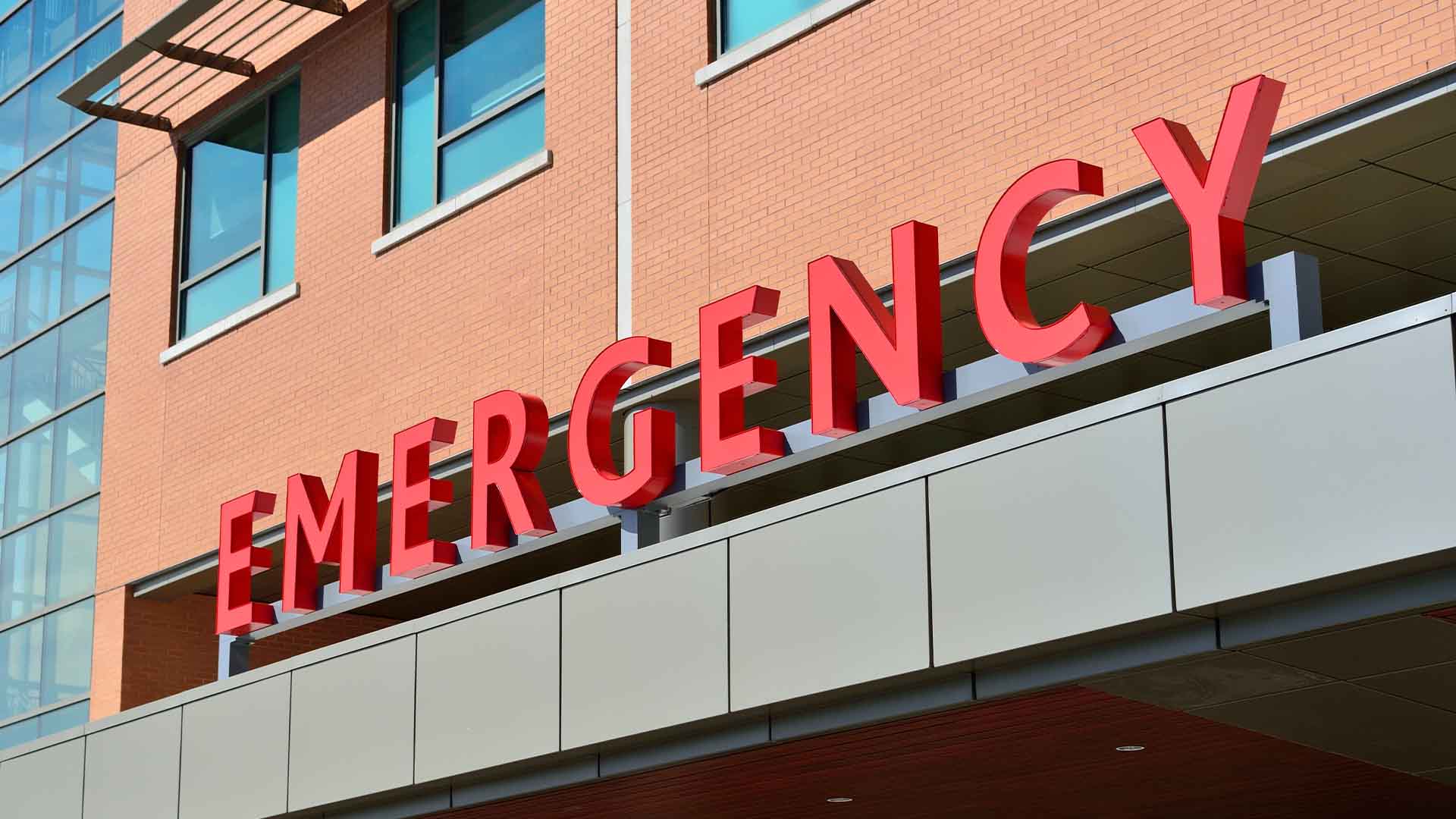
Retton’s encounter with a rare form of pneumonia at the end of 2023 was a sudden and life-threatening event (per Today). This medical emergency, occurring in the absence of health insurance, underscores the vulnerability many face in the U.S. health care system.
Her illness highlights the critical need for accessible and affordable health care, regardless of one’s past achievements or social status.
Why Didn’t Retton Have Insurance?

Many might be surprised that a beloved public figure like Retton would not have insurance, especially when she partnered with brands after the Olympics and even appeared on Wheaties cereal.
Retton told Today, “Life goes on, things happen, and I just wasn’t able to do it.”
How Sick Did Mary Lou Retton Get?
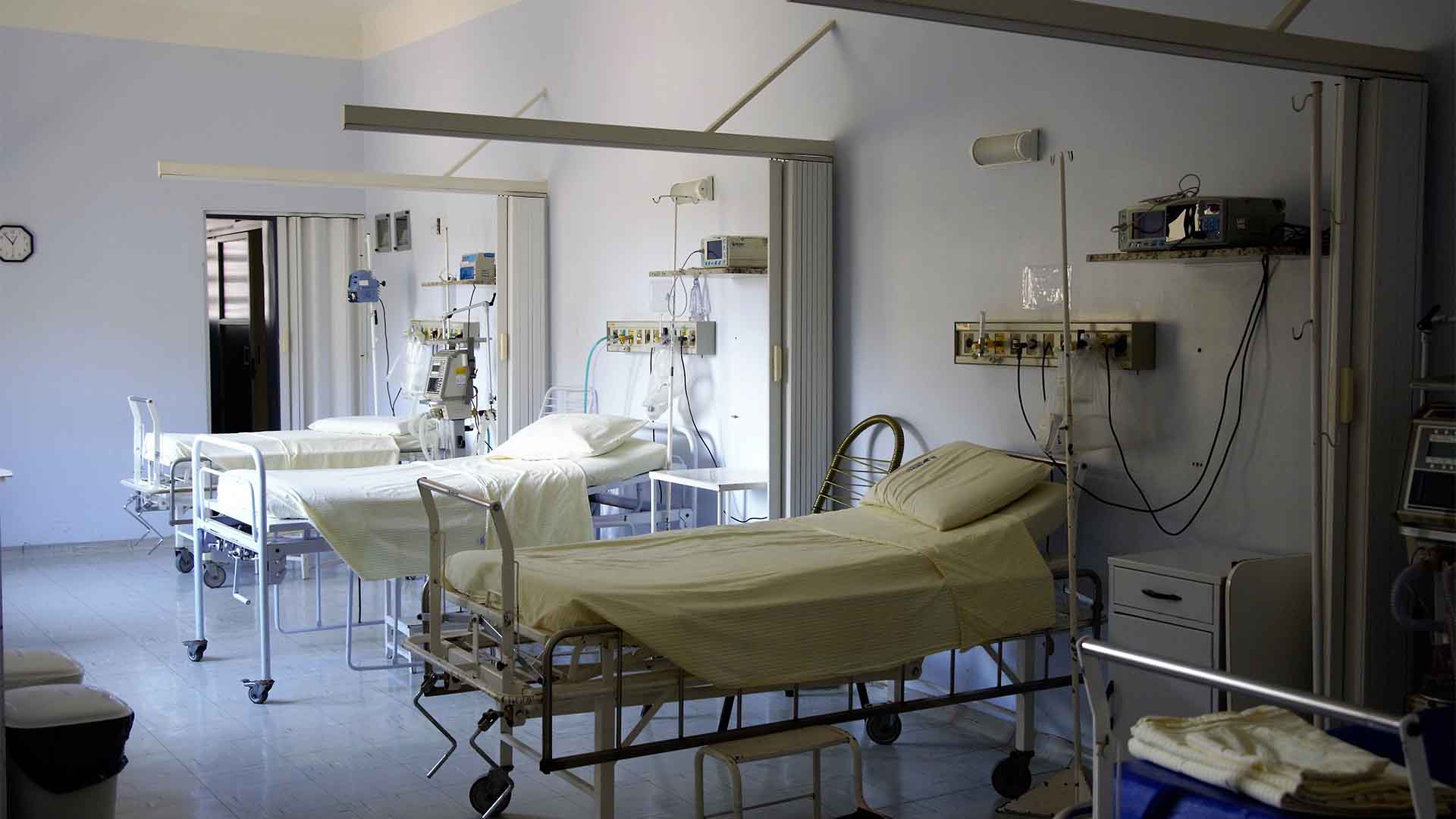
In October 2023, Retton was found at home, struggling to breathe. She was hospitalized twice after this scare.
At one point, her daughters Shayla Schrepfer, McKenna Kelley, Skyla Kelley, and Emma Jean Kelley were told she might not make it through the night.
What Did Retton Say About Her Insurance?

Retton told Today that she couldn’t afford insurance due to a divorce and financial struggles, and also due to the 30 orthopedic surgeries that count as “preexisting conditions” and prevent her from getting coverage.
According to NPR, Retton should still be able to get insurance under the Affordable Care Act: “Under the law … insurers are barred from rejecting people with preexisting conditions and cannot charge higher premiums for them, either.” It’s possible she also missed the open enrollment period.
The Reality of Health Insurance in America
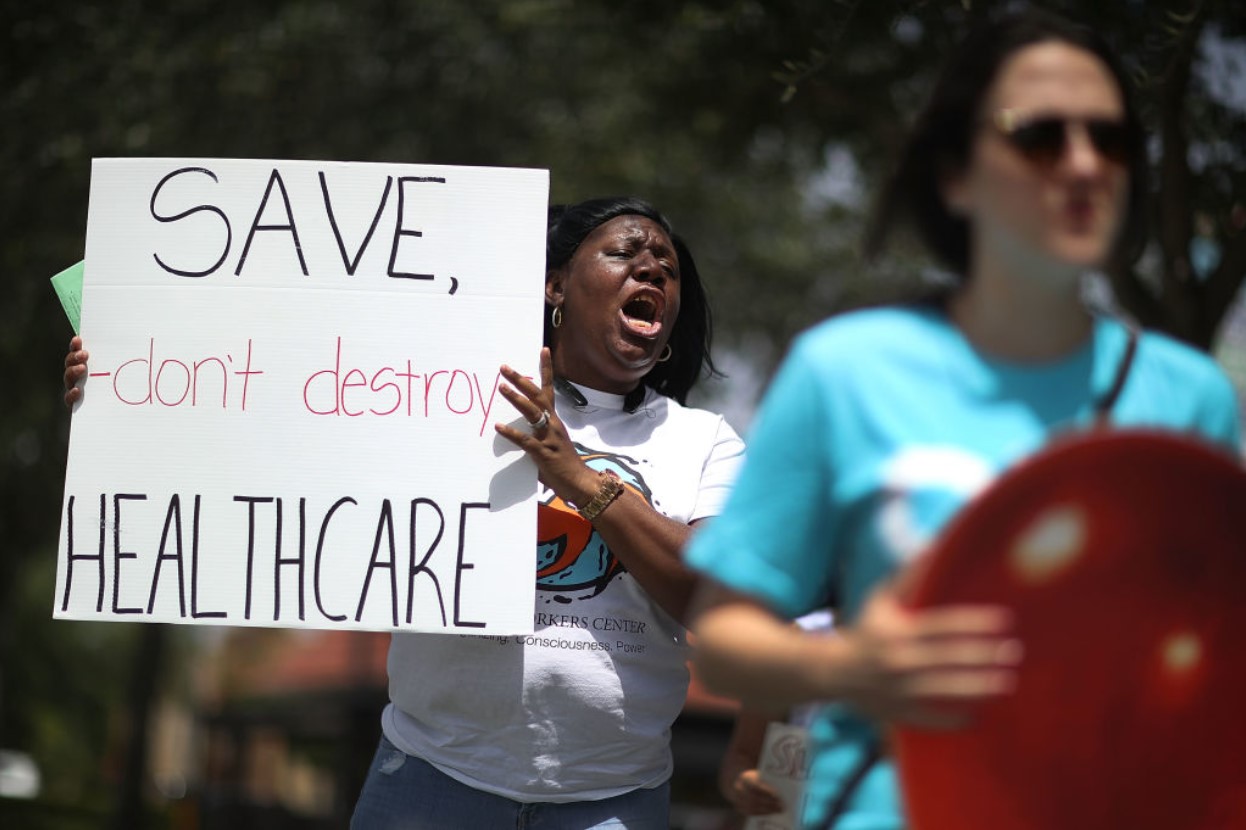
Retton’s plight is not unique in the U.S., where health insurance remains a significant challenge. As of 2022, over 27 million Americans lack health insurance, about 8% of the population.
Factors like high costs and complex health care systems contribute to this issue, making stories like Retton’s a common narrative in American households.
The High Cost of Health
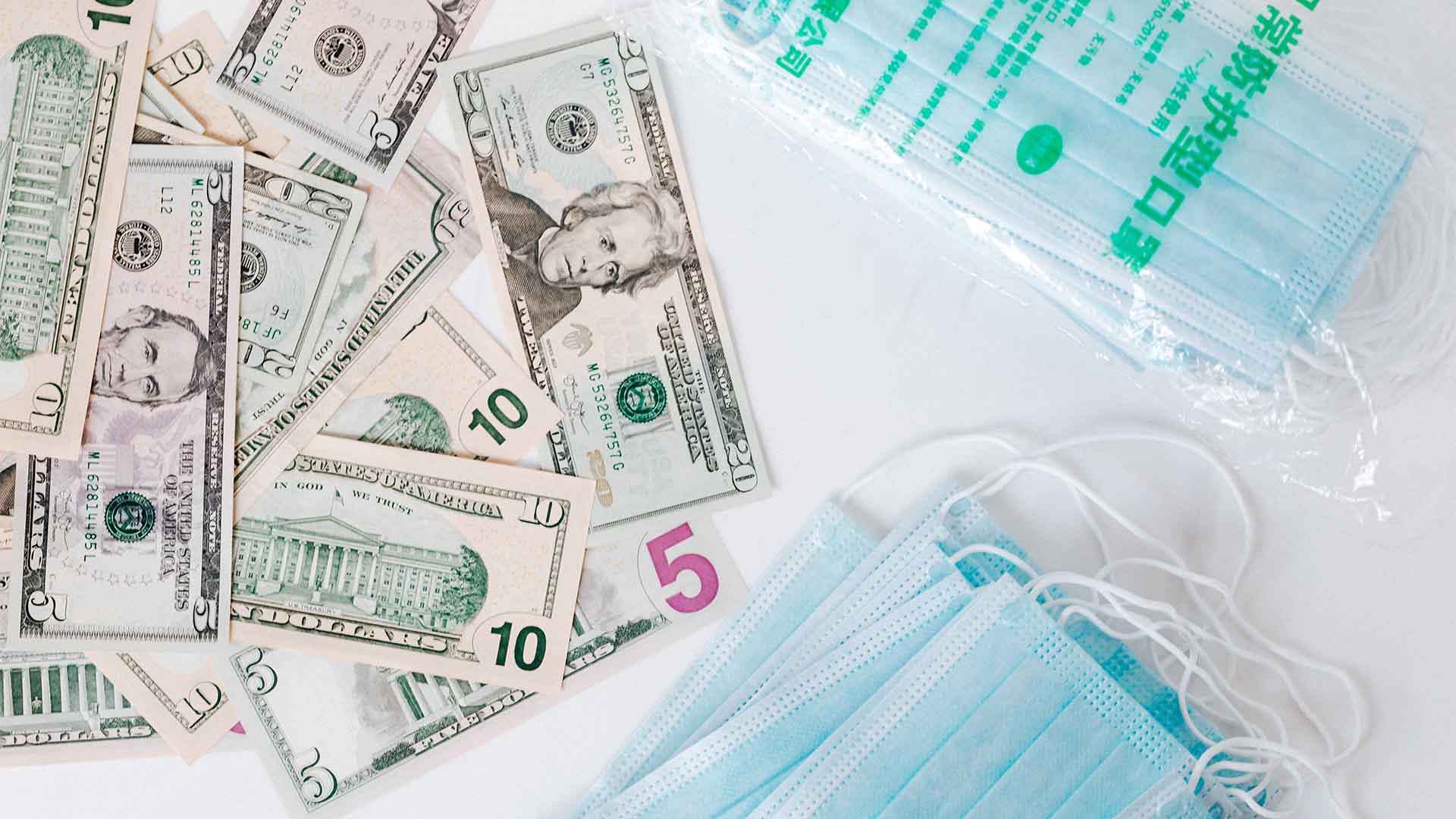
The financial demands of health care in America can be staggering, as illustrated by Retton’s experience. The cost of treatments, especially for severe conditions like pneumonia, can lead to substantial debts, a reality for many uninsured or underinsured Americans.
This situation raises questions about the sustainability and fairness of the current health care system.
Health Insurance Options in the U.S.
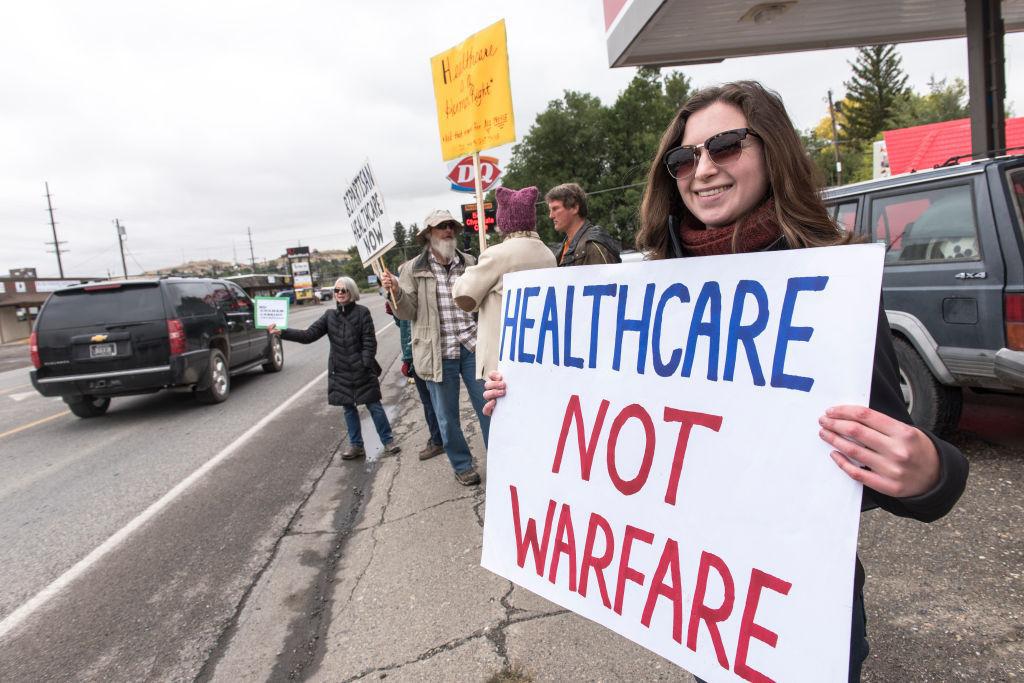
The U.S. offers various health insurance options, including employer-based plans, Medicaid, Medicare, and private policies. Each option has its own set of challenges and limitations, affecting accessibility and coverage levels.
Understanding these options is crucial for Americans, as each choice can significantly impact their health care experience.
Community Support in Crisis
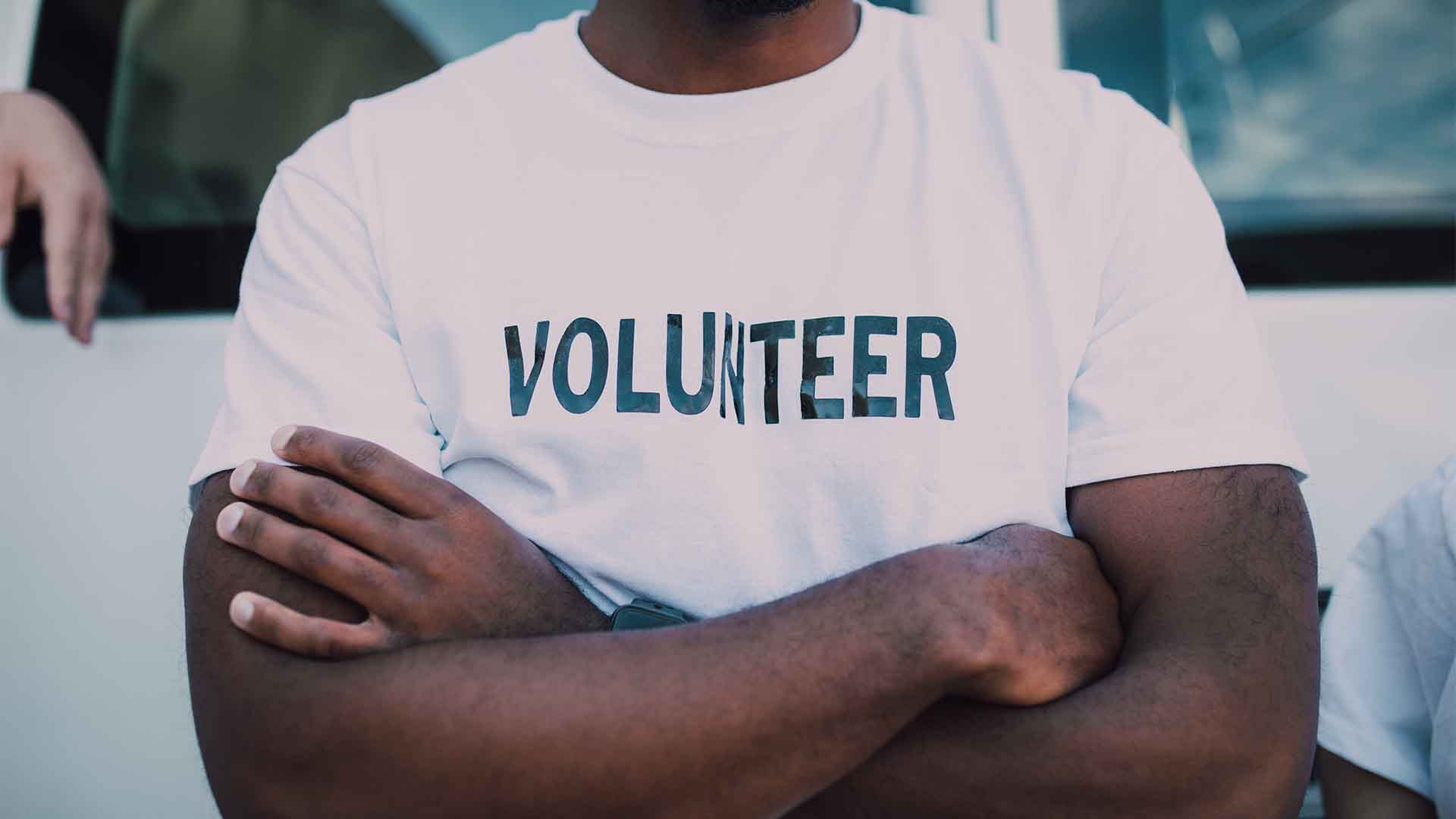
Retton was able to recover and went home on Oct. 23. Her daughters initiated fundraising efforts to help pay for her treatment.
As of writing, they’ve raised almost $460,000. This act of solidarity, which greatly aided Retton during her hospitalization, also points to a larger societal issue where individuals often rely on community aid in the absence of adequate health care coverage.
Retton’s Road to Recovery
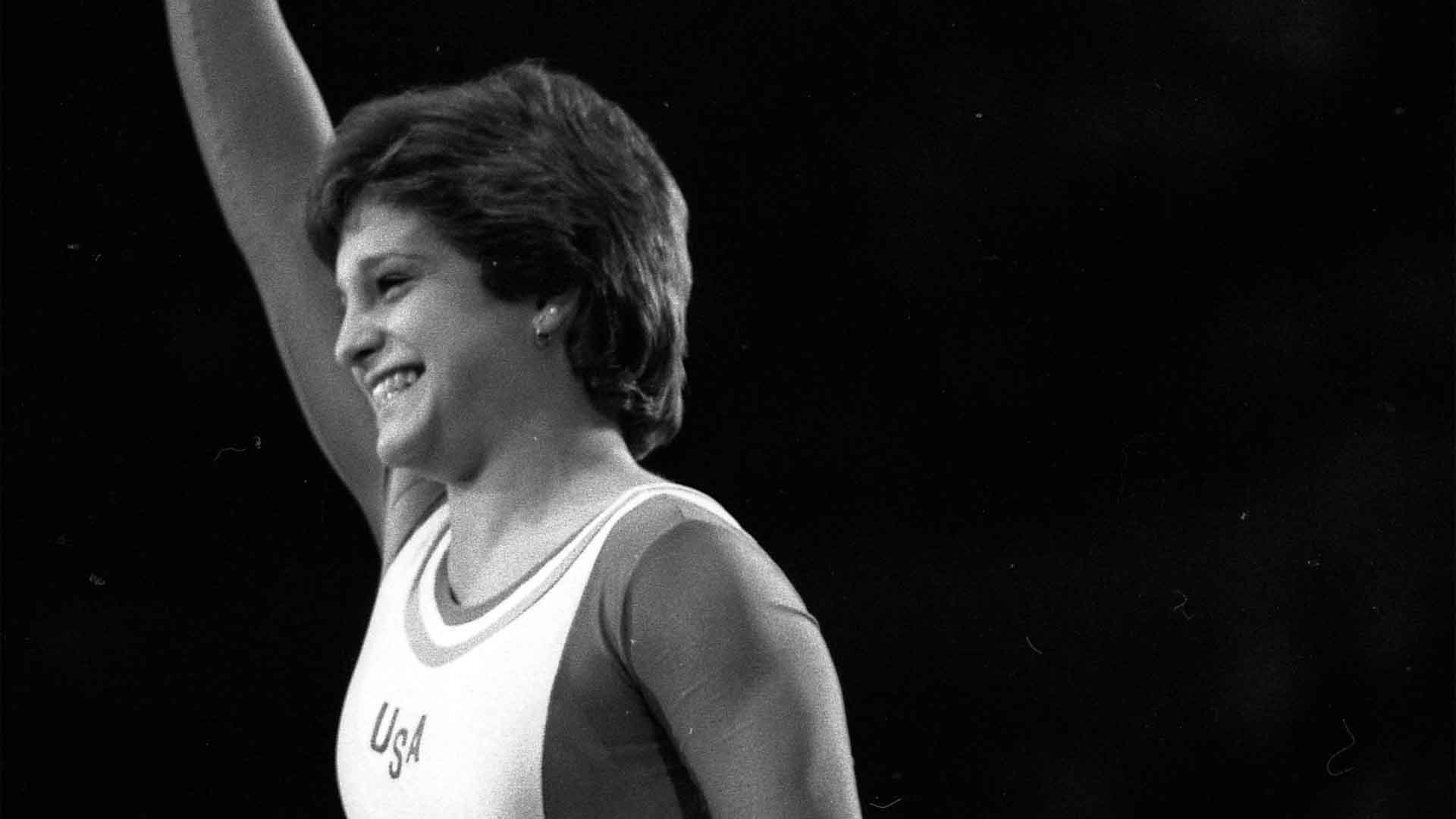
Retton’s journey to recovery, marked by a month-long hospital stay and ongoing rehabilitation, showcases her resilience.
“I am overwhelmed with all the love and support from the world as I fight. I am forever grateful to you all!” Retton wrote on Instagram at the end of October.
National Health Insurance Trends

Recent trends show a slight improvement in the number of insured Americans, yet challenges persist.
The affordability of health insurance remains a significant barrier for many, as seen in the 64% of uninsured adults citing high costs as the reason for their lack of coverage. These statistics highlight the need for continued efforts to improve health care accessibility in the U.S.
A Call for Awareness and Change
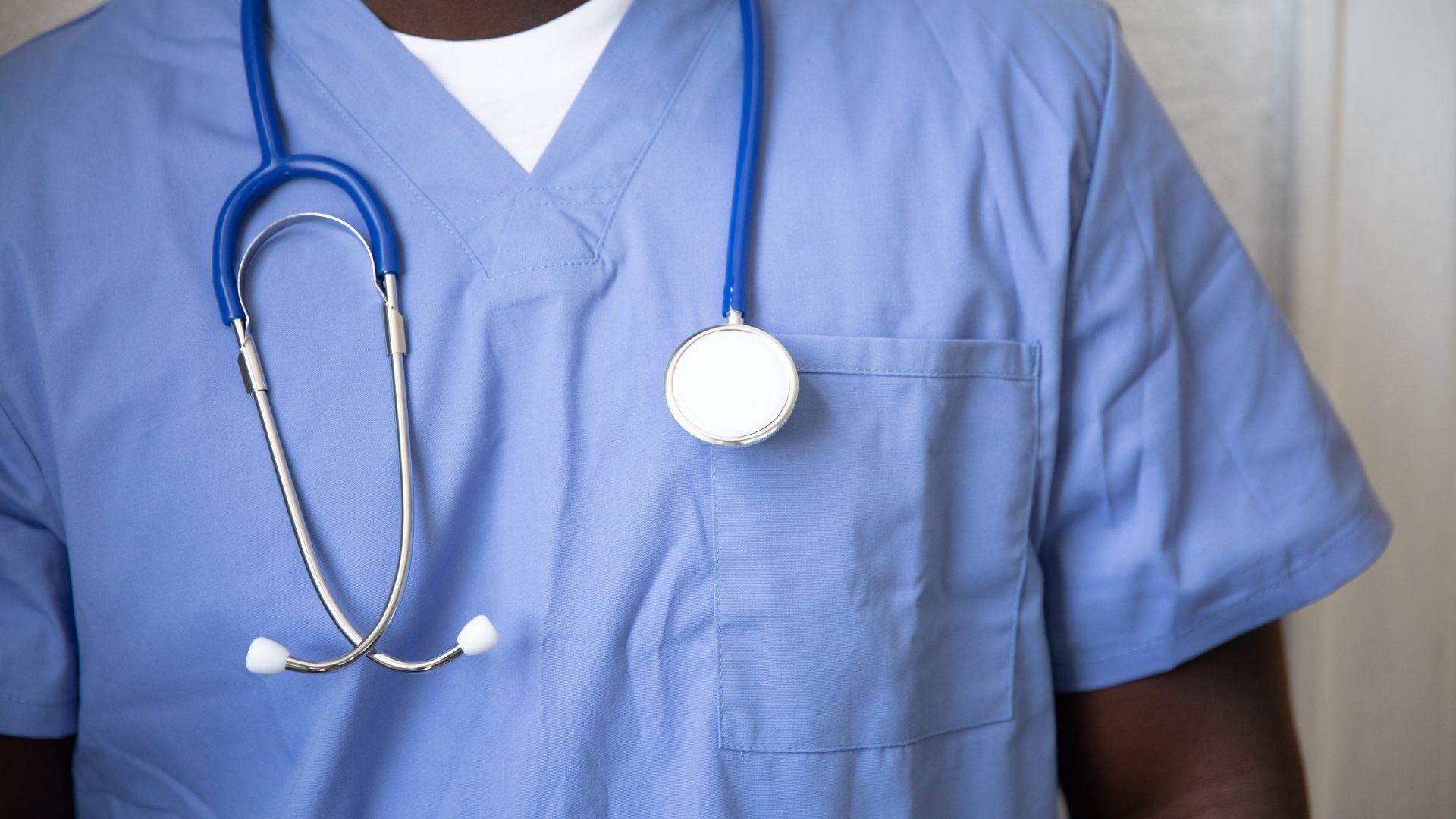
Mary Lou Retton’s story is more than a personal struggle — it’s a call to action for awareness and change in the U.S. health insurance system. Her experience reflects the experiences of millions who face similar challenges, underscoring the need for policy reform and increased support for accessible, affordable health care.
As we look toward the future, stories like Retton’s remind us of the ongoing journey toward a more equitable health care system.
